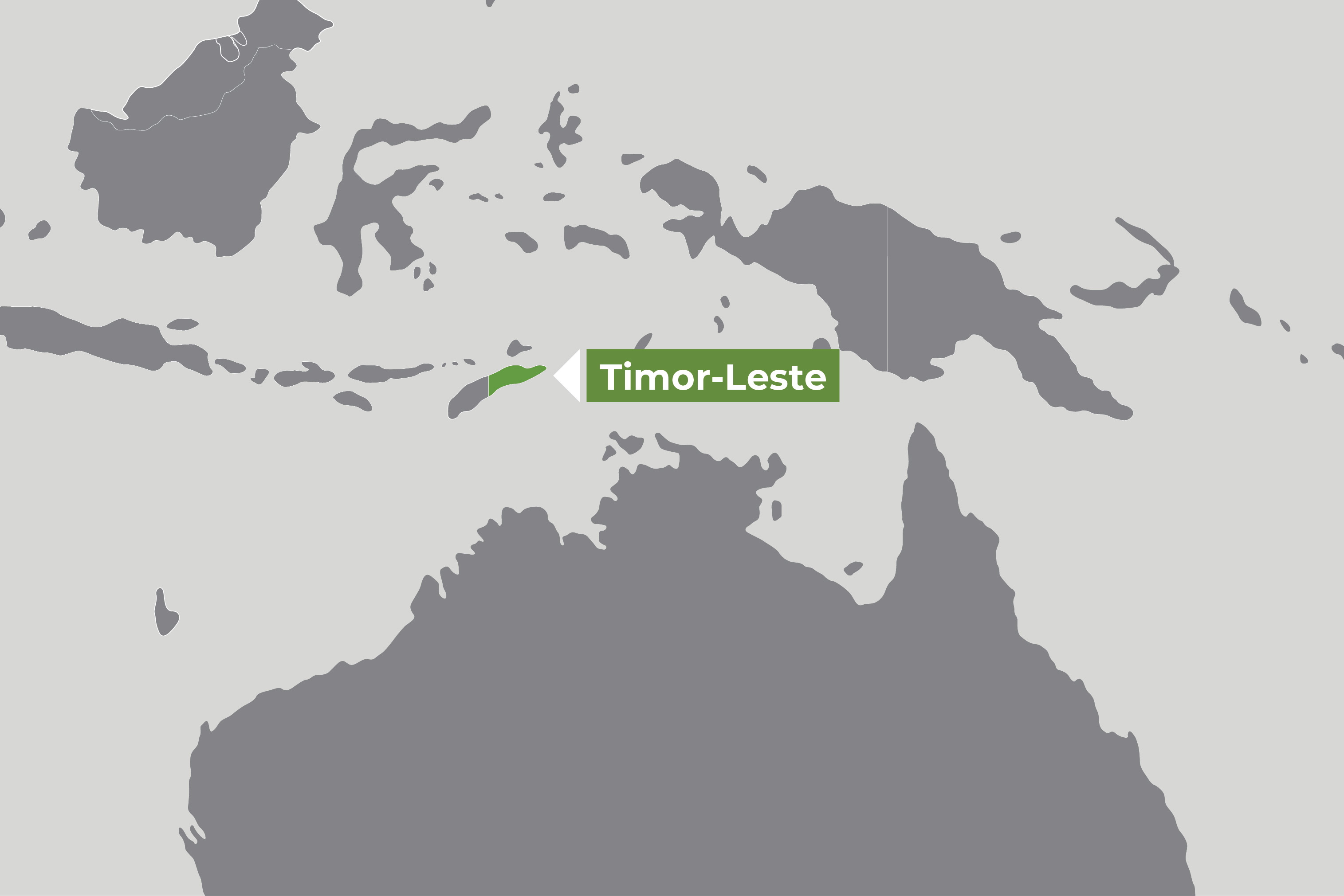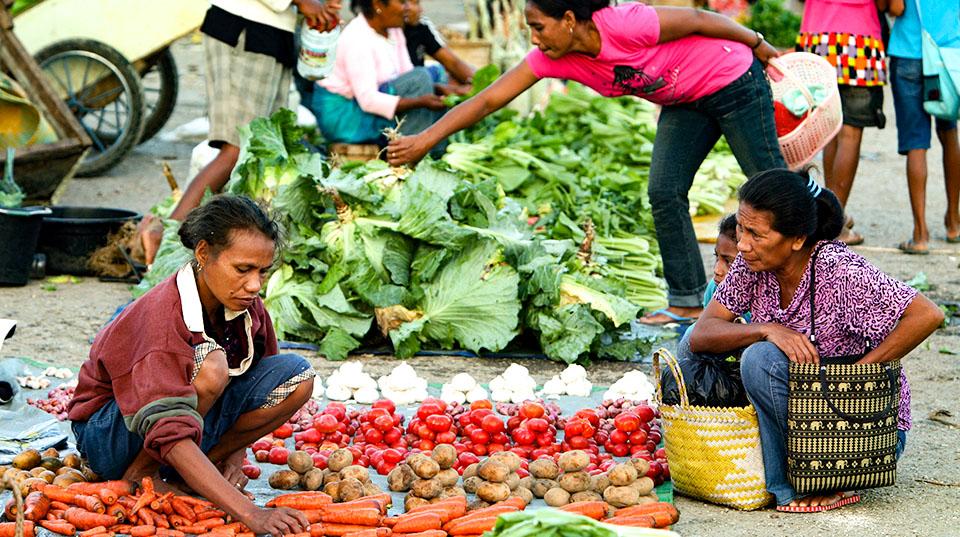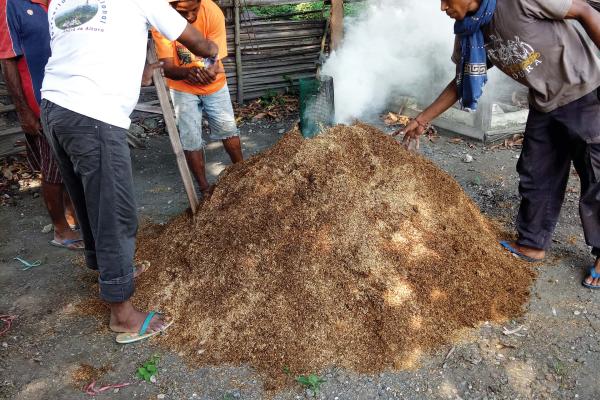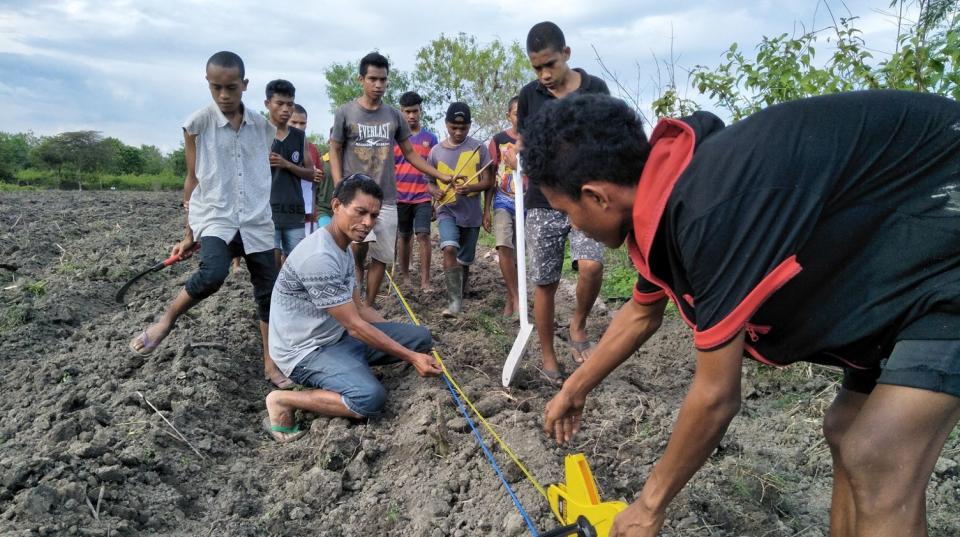Overview
This project aims to improve food security, including labour use efficiency, and resilience of agricultural systems in Timor-Leste to meet the livelihood needs of rural householders and it focuses on the scaling and adoption pathways of technologies and knowledge developed in Al-Com 1.
In Timor-Leste, there is a high prevalence of poverty and associated illiteracy, and infant stunting rates are among the highest in the world. Many Timor-Leste rural households do not generate sufficient reliable income from agriculture to improve the living conditions and livelihood opportunities of their families (ACIAR, 2022). This is despite oil-funded gradual improvements in a range of essential services and infrastructure such as roads and rural electrification.
With increasing urbanisation around Dili (approx. 350,000 people), new markets are being created for agricultural products, thereby opening an opportunity for local farmers to fill demand.
This research will develop solutions to constraints within Timor-Leste farming systems that limit productivity and resilience, with the view to reducing poverty and improving the food security and resilience of smallholder agricultural systems and rural communities. This project will develop solutions by identifying soil constraints, promoting the use of biochar, intensifying cropping with legumes, and diversifying agricultural systems with sandalwood; whilst maximising the opportunities for women farmers to contribute to agricultural productivity.
Expected activities and project outcomes
- Understanding and improving the Timor-Leste soil resource MAF upskilled in soil profile descriptions.
- Creating opportunities to intensify agricultural production of rural households in Timor-Leste.
- Soils database for three livelihood zones.
- Benefits of improved knowledge of soils, intensification and diversification to women in agriculture.
- Creating opportunities to diversify agricultural production of rural households in Timor-Leste with sandalwood systems.






